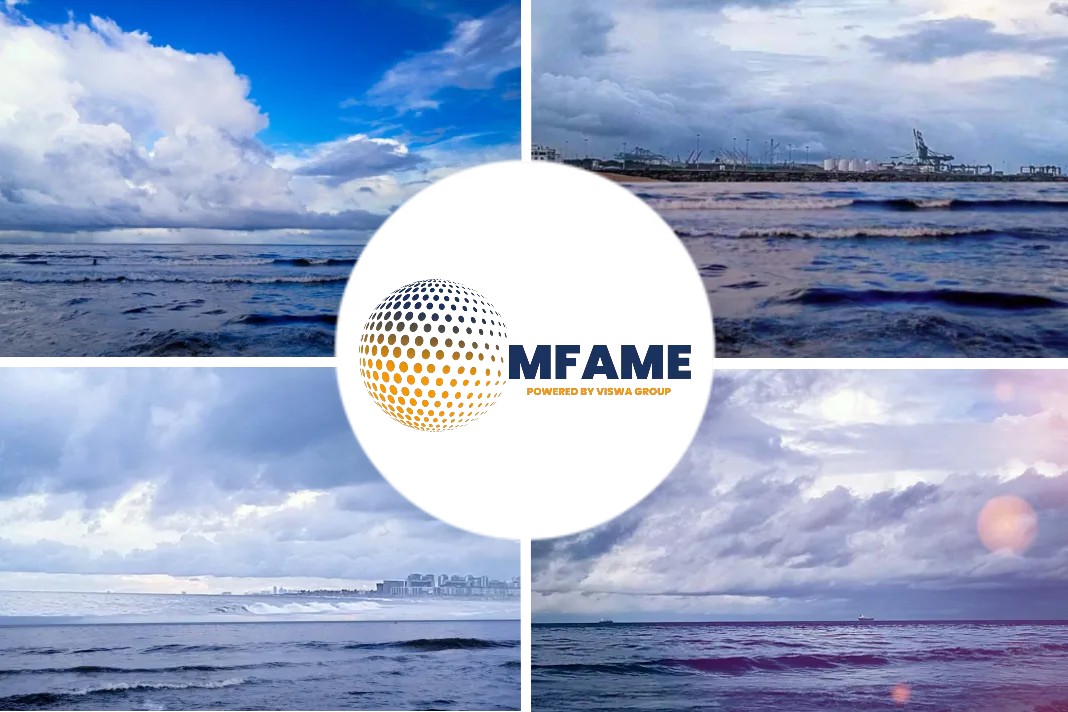
Nearly €25 million EU funding awarded to the ‘green port project’, says an article on GAC.
Sustainable port operations
An international alliance of 45 companies, knowledge institutes, and port authorities, headed by the Port of Rotterdam Authority, has been awarded nearly €25 million in EU funding. The consortium will be using this grant to execute 10 pilot projects and demonstration projects that focus on sustainable and smart logistics in port operations. In the years ahead, the transport sector is expected to transition to clean power.
A number of renewable fuels and energy carriers are currently being developed further, including green hydrogen, large electric batteries, ammonia, and bio-LNG. The consortium’s broad, international research program primarily focuses on those aspects in the use of new fuels and energy carriers that have not yet been tested in practice. This includes production, transport, storage, distribution (fuels), and charging (electric power).
What operations take place?
Examples include the operation of an electric battery-powered locomotive that uses power from an overhead line for both motive power and for recharging its battery, allowing it to work in areas that lack an overhead line – marshaling yards, for instance. Other examples include bunkering ammonia as a transport fuel, or electrical power from shore for ships moored offshore to a mooring buoy.
The partners will also design and implement several digitalization and automation solutions in the context of the energy transition. In addition, they will be exploring how best to encourage companies to raise the sustainability of their logistics processes. And finally, one of the consortium’s outputs involves the development of a master plan that sets out how transport in, to, and from the ports can be made carbon-free by 2050 – and what needs to be done in this context before 2030 and 2040.
Partners
The project comes out of a collaboration between the port authorities of Rotterdam, DeltaPort (Germany), HAROPA PORT (France: Le Havre, Rouen, Paris), and Sines (Portugal), in partnership with 10 research institutes and over 30 companies in the Netherlands, Germany, France, Portugal, Denmark, and Sweden. The research project will run for five years…
Did you subscribe to our daily newsletter?
It’s Free! Click here to
Subscribe!
Source:
GAC
 Nearly €25 million EU funding awarded to the ‘green port project’, says an article on GAC.
Nearly €25 million EU funding awarded to the ‘green port project’, says an article on GAC.
 Nearly €25 million EU funding awarded to the ‘green port project’, says an article on GAC.
Nearly €25 million EU funding awarded to the ‘green port project’, says an article on GAC.
 Nearly €25 million EU funding awarded to the ‘green port project’, says an article on GAC.
Nearly €25 million EU funding awarded to the ‘green port project’, says an article on GAC.